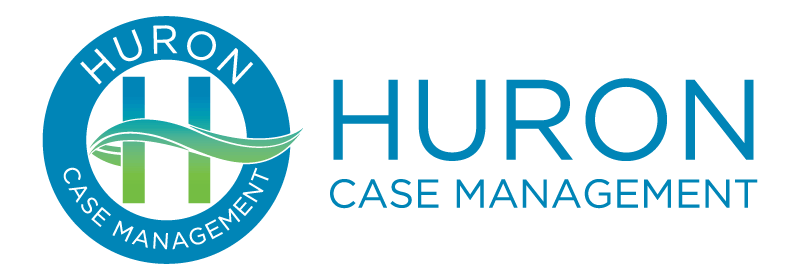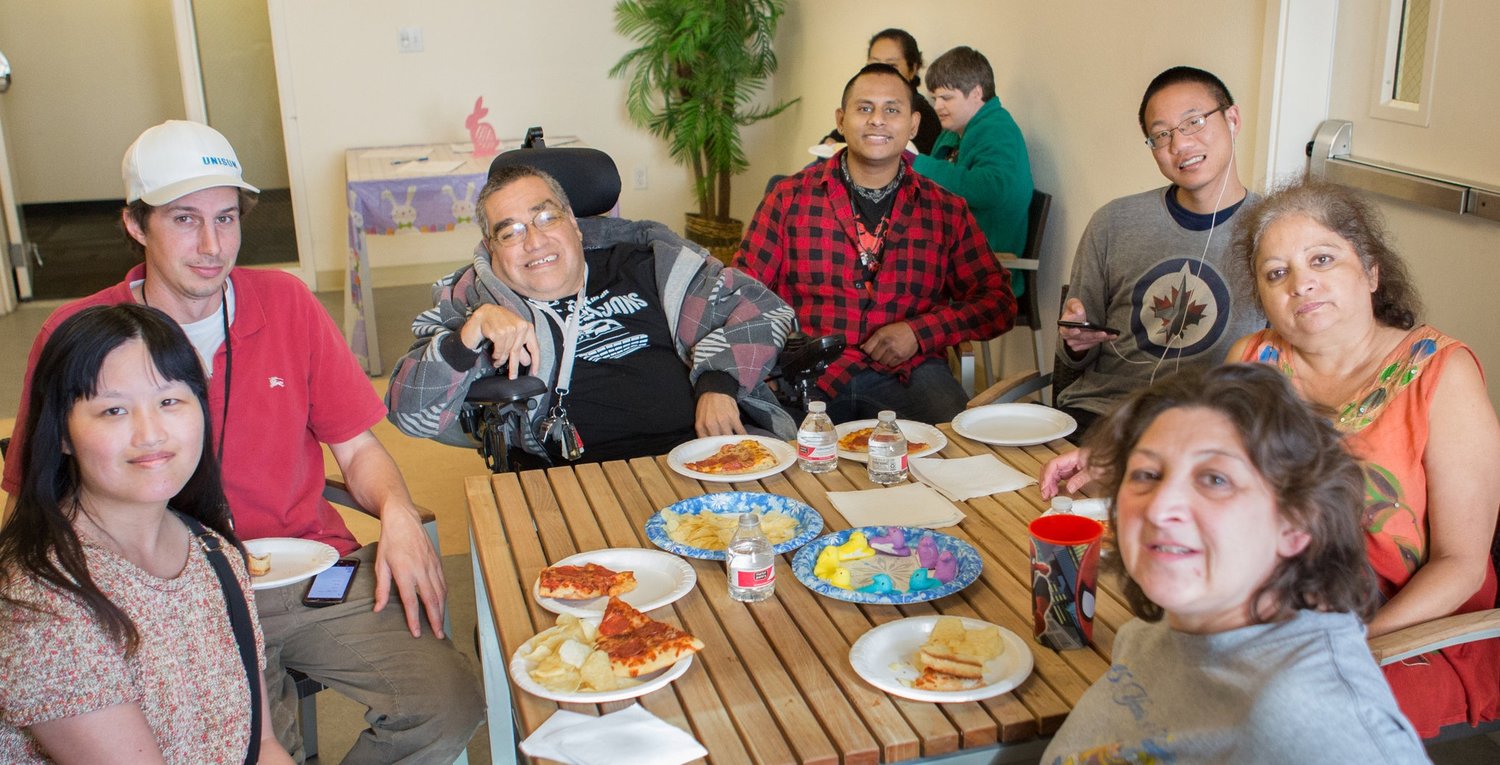Case Management
Why Case Management?
There has been growing buzz around case management services in the United States recently. While a large number of people need case management every year, many people are not aware of what case management means. In this article, we shall clear the air surrounding case management.

What We Do?
The concept of case management means different things for different people and organizations. According to the Case Management Society of America, “Case Management is a collaborative process of assessment, planning, facilitation, care coordination, evaluation and advocacy for options and services to meet an individual’s and family’s comprehensive health needs through communication and available resources to promote patient safety, quality of care, and cost effective outcomes.”
What makes us different
Does that sound too complicated? Let us explain. Case managers basically have several functions that they perform which basically include education, care coordination, compliance, transition management and utilization management.
Education
Case management service providers are tasked with providing education relevant to the effective progression of care, the appropriate level of care and safe patient transition. They provide the necessary information to the health care team and the patient/family/caregiver regarding available resources for various medical services that the patient needs. They also provide information to the patient to resolve any issues detected with their medical care in their assessment.
Care Coordination
Case management service providers have a defined process in place for screening/identification and assessment of patients. Case managers screen the patients to identify clinical, psychosocial, financial and operational factors that can have an effect on the progression of care. They then review and ensure the plan is clinically appropriate, matches the patient’s care needs and is consistent with patient choice and available resources. Lastly, they communicate their assessment findings with the patient or their family.
Transition Management
The case managers will develop and coordinate a transition plan, which is based on their assessment of the patient, choices of the patient and the available resources. Case managers will intervene to prevent readmissions and evaluate patients who are readmitted to identify and implement strategies for improvement. Not only that, the case manager will assess the available community resources/potential partners and advocate for resolution of gaps in the available resources and processes.
Compliance
Case managers possess the requisite knowledge and expertise of compliance with the federal, state, local hospital and accreditation requirements. Thus, they ensure compliance regarding their scope of services.
Utilization Management
The case manager will ensure that the patient is receiving the appropriate level of care by way of secondary physician review. They are expected to ensure timely communication to the payer of the patient’s bills to support admission, medical condition and authorization for continued stay.
Other Services We Provide
Request an Appointment
Our Values
Catalyst
Our case managers sift through the array of resources, select the most appropriate path, and then we coordinate the expertise and support of other professionals, family, employers and other providers to facilitate the services medically required for your health needs.
Problem Solver
We use a combination of perception, planning, active-listening, empathy and compassion to utilize resources to prevent roadblocks that may hinder you from receiving care.
Educator
Our case managers come from a diverse educational and clinical background in nursing or other related health field in order to provide our clients the knowledge and understanding of their care in order to prevent health complications.
Physician Collaboration
Case Managers believe that close communication with the physicians and other health care providers is key to a successful plan of care.
“
Customer stories

Erica B.

Davis K.

King L.

Amanda H.







